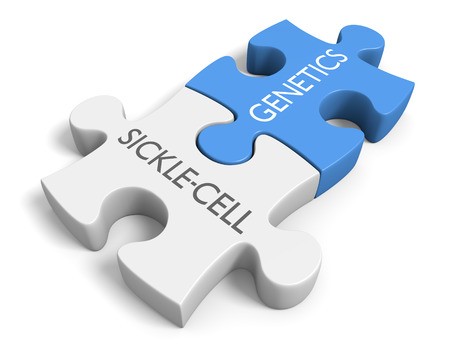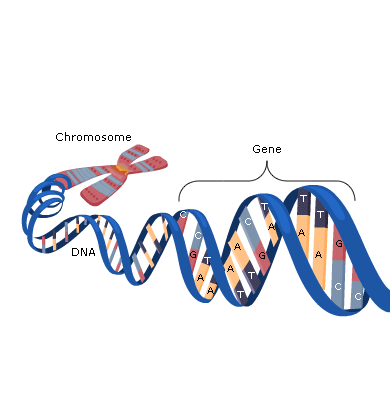Why Does Genetics Matter in Primary Care Practice? course for GPs


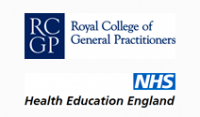
This introductory session explains why genetics matters in primary care practice. It describes the presentation, signs and symptoms of genetic conditions and how these impact on individuals and families. It also covers the core genetic concepts relevant to primary care practice.
This session was reviewed by Khyati Bakhai and last updated in November 2018.
Learning Objectives
By the end of this session you will be able to:
- Explore where you will meet and use genetics in your primary care practice
- Recognise the presentation, signs and symptoms of genetic conditions
- Recognise how genetic information impacts not only on the individual but also on their immediate and extended family
- Assess your understanding of the core genetic concepts that underpin genetics in primary care practice
Every practice population includes patients with a genetic condition or with conditions that have a genetic component.
Peter Farndon has retired from his longstanding clinical, teaching, research, policy development and committee roles in genetics but is still actively involved in the British Society for Genetic Medicine.
Formerly Professor of Clinical Genetics and Consultant Clinical Geneticist in Birmingham, Peter was involved with the practical application of genetics for patients for nearly 25 years. He has had a long standing interest in genetic education, and in 2004 set up the NHS National Genetics Education and Development Centre, leading the team as the Centre’s director.
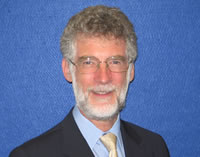
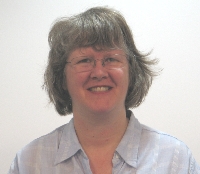
Catherine Bennett is an experienced educator with a background in higher education and the NHS and extensive experience in faculty development. Her key interests focus around learning and the health professions, particularly enhancing learning and teaching through curriculum and teacher development. Catherine provides strategic academic leadership on faculty development at Warwick Medical School, as well as teaching postgraduate medical education modules.
Michelle has over fifteen years of experience within the field of genetics and genomics education, previously working at the UK’s National Genetics Education and Development Centre.
She supports the work of the Genomics Education Programme by providing educational and clinical expertise through resource production, leading curricular development for specialist workforce training and driving the wider NHS workforce transformation in genomics.
Previously Michelle has supported the genetics education of medical professionals throughout their training, developing a large range of genetics educational resources currently used by non-genetics specialty trainees.
She also has extensive experience in teaching genetics and genomics to undergraduate medical and nursing students as well as General Practice specialty trainees.
Michelle has a background in molecular biology and Genetic Counselling and a PhD in the field of genetics education. She currently sits on the Council of the British Society for Genetic Medicine.
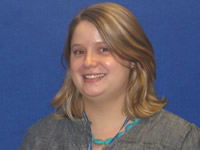

- Assessment course for GPs
- Posted By eIntegrity Healthcare e-Learning
- Posted Date: 2025-01-09
- Location:Online
- This session describes the main tools used to assess trainee GPs and distinguishes between formative...
- Self Appraisal course for GPs
- Posted By eIntegrity Healthcare e-Learning
- Posted Date: 2025-01-09
- Location:Online
- This session describes an approach to self-appraisal, and provides practical tips and guidance about...
- Telephone Consultations course for GPs
- Posted By eIntegrity Healthcare e-Learning
- Posted Date: 2025-01-09
- Location:Online
- This session explores the issues that may arise when a consultation is conducted over the telephone,...
- Difficult Consultations course for GPs
- Posted By eIntegrity Healthcare e-Learning
- Posted Date: 2025-01-09
- Location:Online
- This interactive session explores some of the difficulties associated with patients whose behaviour ...
- Balint's Ideas course for GPs
- Posted By eIntegrity Healthcare e-Learning
- Posted Date: 2025-01-09
- Location:Online
- This session introduces Michael Balint, outlines his principal ideas and describes his innovative us...


